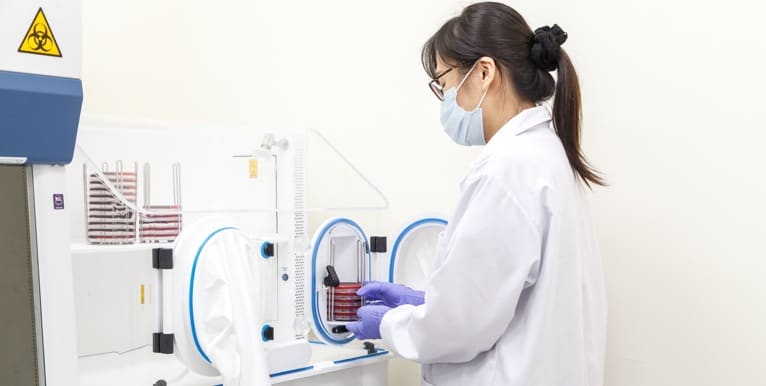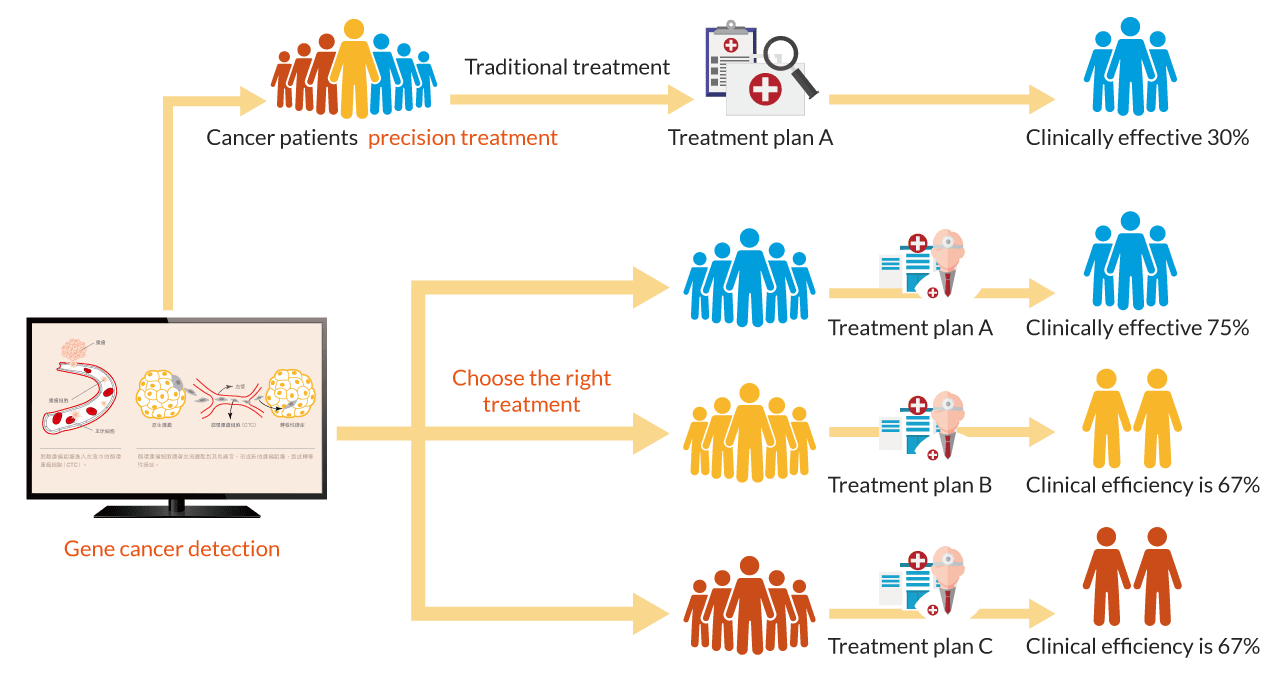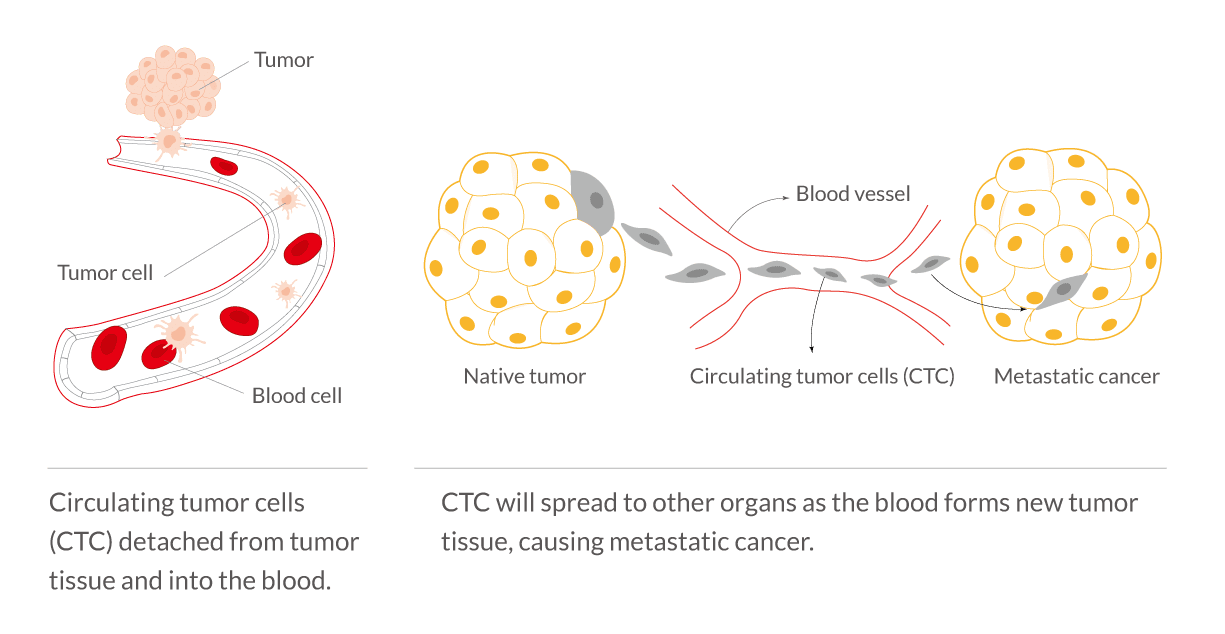Personalized Precision Medicine

Genes are databases that are filled with personal body information. Precision Medicine intervenes from a genetic perspective and sets the treatment for everyone. Because of “Precision”, it can meet your real physiological needs.
Based on the deeper research on the classification of cancer, the academic community has learned that cancer cells may accumulate many levels of genetic mutations. Different types of cancer development processes may trigger the involvement of different related genes. This is also the case, it is increasingly difficult for medical and research personnel to analyze different variants simultaneously using traditional methods, and it is increasingly challenging to select the best treatment for patients.
In order to solve this problem, Taipei Medical University specially invested in Precision Medicine related equipment and recruited experts to establish a core facility for cancer translation. TMU also collaborates with doctors from Division of Hematology & Oncology and Division of Radiation Therapy to create advanced cancer-related genes and Liquid Biopsy detections from the standpoint of patients. In turn, it provides clinical medical information analysis reports, evaluates treatment effects and follow-up, and focuses on improving the quality of cancer treatment and practicing personalized treatment.
Meanwhile, we also combine the experts and scholars of TMU’s Cancer Translation Research Center to use Watson for Oncology (a cancer treatment decision aid system) and Watson for Genomics to find the latest treatment plan, thereby serving to provide advanced and effective treatment for patients’ demands.

Precision Medical Testing Item:
- Circulating Tumor Cell (CTC) Inspection
The Circulating Tumor Cell (CTC) is a cell that leaves the tumor tissue and enters the blood of the human body. The amount of the Circulating Tumor Cell (CTC) is altered by the transformation of the tumor itself or therapeutic intervention. Therefore, by detecting the number of CTCs, the clinician can be assisted in assessing the prognosis of the patient’s cancer, the effectiveness of the treatment, and the development of the follow-up course, so that the clinician can develop a more precise treatment plan.

- Personalized drug genetic detection: lung cancer, colorectal cancer, breast cancer, ovarian cancer
Using the Next Generation Sequencing (NGS) technology platform, multiple cancer gene mutation analyses were performed simultaneously on tumor tissues. Paired with professional bioinformatics analysis and globally synchronized cancer drug database to help clinicians develop the most accurate personalized treatment plans and medication options.
- • Chemotherapy, targeted drug detection
• Cancer concomitant diagnosis gene detection
• immunotherapy gene detection
• Familial cancer gene detection



